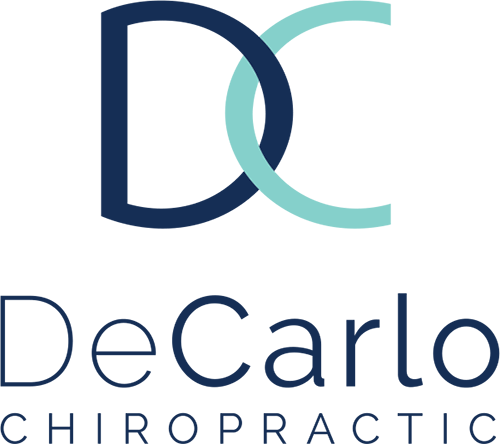
Did you know that the CDC has reported low back pain as one of the most common conditions in the world? It is so common that it is the most significant cause of global disability than any other condition. This is a big deal in today’s modern world that wants a quick fix for every problem and is battling the opioid crisis. Fortunately, research supports the use of conservative chiropractic care for low back pain, with spinal decompression being a top treatment for disc-related injuries.
Why it Matters:
It can take a mental and physical toll to deal with low back pain, so finding quality treatment options shouldn’t be difficult. DeCarlo Chiropractic has looked through the literature and found research that shows the critical role spinal decompression can play in treating these conditions. At the end of their care, the examiners measured their pain levels, function, and disability alongside objective measures of disc height and resorption of the disc herniation.
The study reported highly positive results, showing that patients with lumbar disc herniations had improved pain, function, and disc resorption after treatment with spinal decompression.
Next Steps:
No one should suffer from low back pain, especially for an extended period. If you are suffering from a herniated or bulging disc, ask DeCarlo Chiropractic if spinal decompression would be an effective treatment option for you!
If you or a loved one think that you can benifit from spinal decompression, and live a better life, contact DeCarlo Chiropractic today at (845) 708- 8885 for a free consultation to see if spinal decompression is right for you!
Science Source:
Hoy D, March L, Brooks P et al. The Global Burden of Low Back Pain: Estimates from the Global Burden of Disease 2010 Study. Ann Rheum Dis. 2014 Jun;73(6):968-74. Demirel A, Yorubulut M, Ergun N. Regression of lumbar disc herniation by physiotherapy. Does non-surgical spinal decompression therapy make a difference? Double-blind randomized con-trolled trial. J Back Musculoskelet Rehabil. 2017 Sep 22;30(5):1015-1022. doi: 10.3233/BMR-169581. PMID: 28505956.
